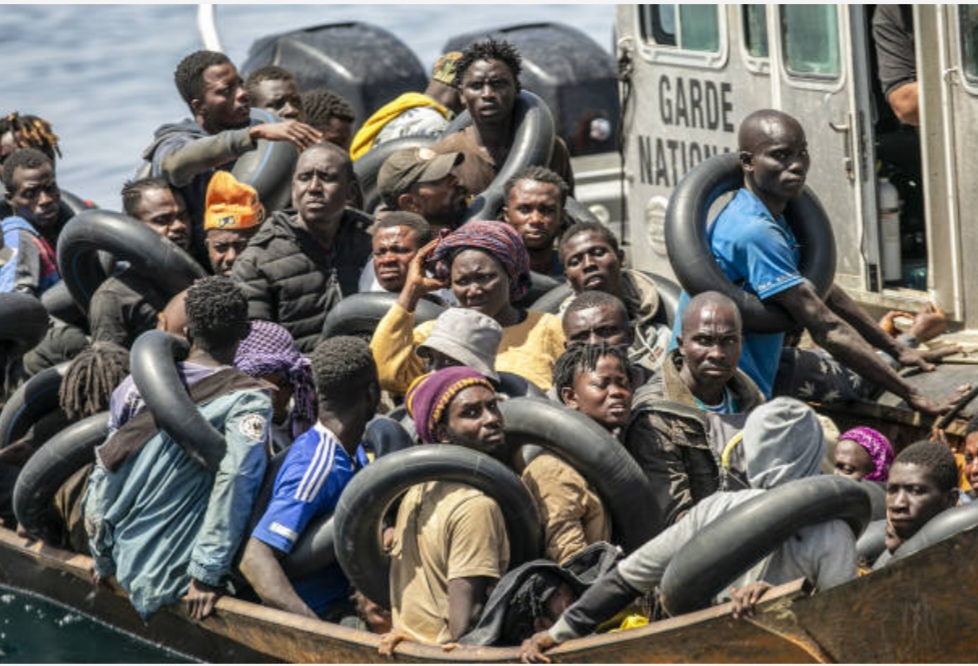By: Elizabeth A. Kaine
In Sierra Leone, the pursuit of financial stability often drives individuals to take extraordinary risks, sometimes endangering their lives in the process. This phenomenon can be attributed to several interlinked factors that create an environment where such desperate measures seem like the only option.
The most pressing reason for this behavior is the pervasive economic hardship that many Sierra Leoneans face. With high unemployment rates and limited access to stable jobs, the prospect of earning a decent income can feel remote. Many individuals, especially the youth, find themselves trapped in a cycle of poverty, leading them to seek out any opportunity, no matter how dangerous it may be. The allure of quick money can overshadow the potential risks, making it seem like a viable escape from their dire circumstances.
Despite the country’s rich natural resources, the benefits often do not trickle down to the average citizen. Corruption and mismanagement have stifled economic growth, leaving many without the means to improve their living conditions. As a result, people may resort to illegal activities, such as smuggling or engaging in hazardous work, believing that these risky endeavors are their best chance at financial success.
In an increasingly connected world, social media often showcases the success stories of individuals who have made fortunes through unconventional means. This exposure can create unrealistic aspirations among many Sierra Leoneans. The desire to emulate these success stories can lead them to take risks that they might otherwise avoid, all in the hopes of achieving a better life.
Culturally, there is often a strong emphasis on community and family support, which can put additional pressure on individuals to provide for their loved ones. The expectation to contribute financially, combined with the lack of opportunities, can push people to take drastic measures. The fear of letting down family members can drive individuals to pursue dangerous avenues for income.
The risks that many Sierra Leoneans are willing to take for money highlight a profound sense of desperation fueled by economic hardship, limited opportunities, and cultural expectations. Addressing these underlying issues is crucial to creating a safer and more stable environment where individuals do not feel compelled to gamble with their lives for financial gain. Only through comprehensive economic reforms, better governance, and the promotion of legitimate opportunities can we hope to change this narrative and provide a brighter future for the people of Sierra Leone.


